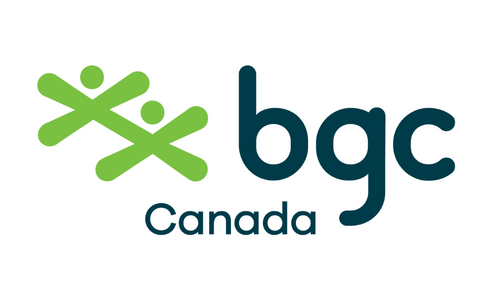By Owen Charters
We have spoken a lot about the impact of this pandemic on children and youth, but there is one other segment of the population that is seeing significant effects of physical distancing and isolation.
Some pundits have called this economic recession a ‘she-cession’ because it is disproportionately affecting women and their economic well-being. Previous recessions and economic downturns have largely hit male-dominated industries like finance, manufacturing, and natural resources.
In this recession, the jobs that have been hardest hit are in the service industries—tourism, hospitality, retail. These are jobs that are held proportionately by women—and these jobs have been decimated.
The non-profit sector—our sector—has also been hit hard. While 47% of the national workforce is women, 80% of the non-profit and charitable workforce is female. Visit any Club and you will note that we are a perfect reflection of this statistic—there are more female employees than male. In fact, I’m often asked how we can attract more males to the profession to create a balance in role models for the children and youth we serve. This remains a struggle for many Clubs. And as many staff remain laid off, we are seeing the same disproportionate impact on women.
But that is not the only impact. Childcare is also essential to support many working women. Whether we like it or not, the task of childcare still falls largely to women and thus decent out-of-home childcare is essential to empower women in pursuing their career. In many households, it may be a single mother, as it was in mine when I was growing up. To seek employment and know that her children are in good, quality care, these mothers need access to childcare options. Without schools, without our Clubs, working is exceptionally difficult, if not impossible. And seeking work if you are out of a job is even more challenging.
We know we serve all families—and we also know we are a vital support to single-parent families, who have often said that the Club fills the role of the missing parent. We also know that most of these single-parent families are single moms, and many of these moms are young. Recent data from our Winnipeg study found that 44% of Club kids had a mom who was a teenager when she had her first baby—which compares to an average of 6% of teenage moms in Manitoba.
It is going to be a hard slog to get this economy back to where it needs to be. It will require businesses and jobs opening up. Recovery will need to be measured on the capacity to rehire. And it needs to be measured on our capacity to get women working again and gainfully employed. This means we need schools and we need childcare for kids of all ages—we need Boys & Girls Clubs. We need Clubs with the capacity to welcome children and youth of a vibrant, engaged workforce. We need to be ready to support the re-opening of the economy—responsibly—and we need to be ready to take care of families so they can get back to work.

